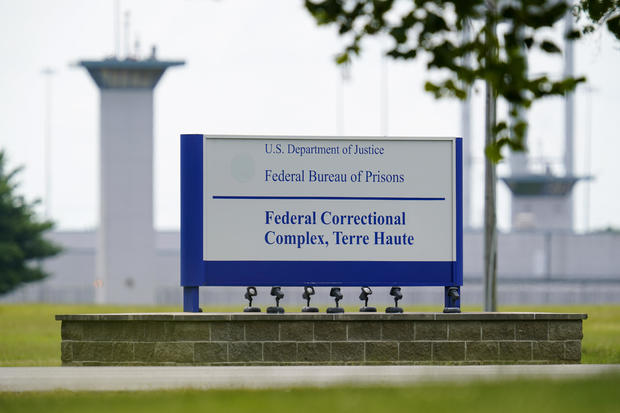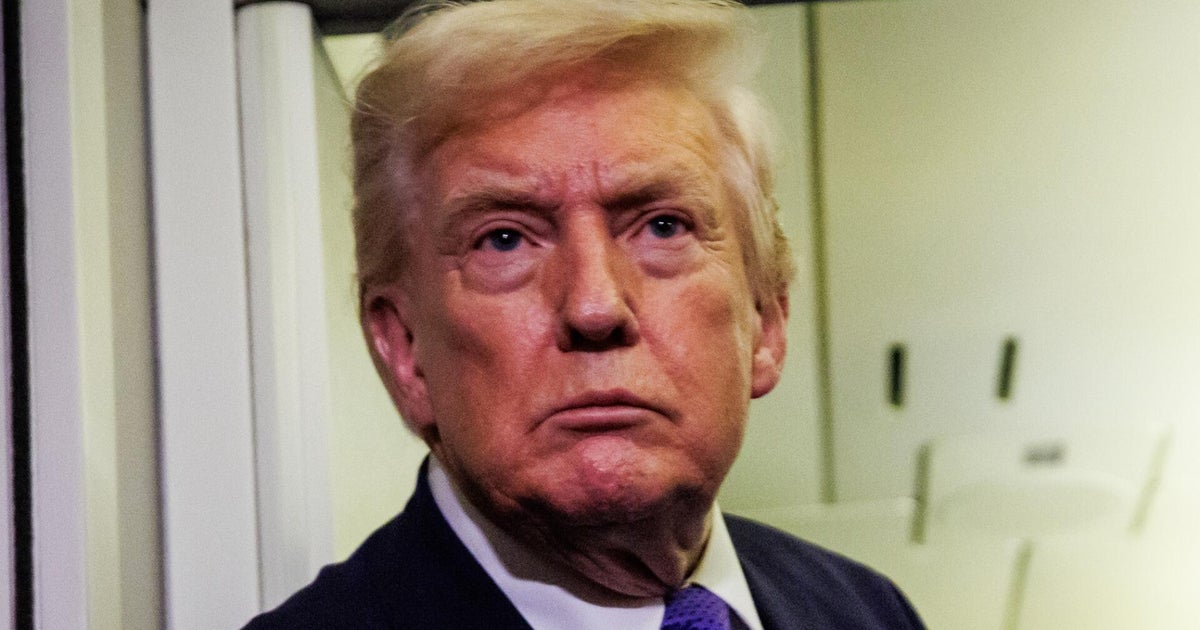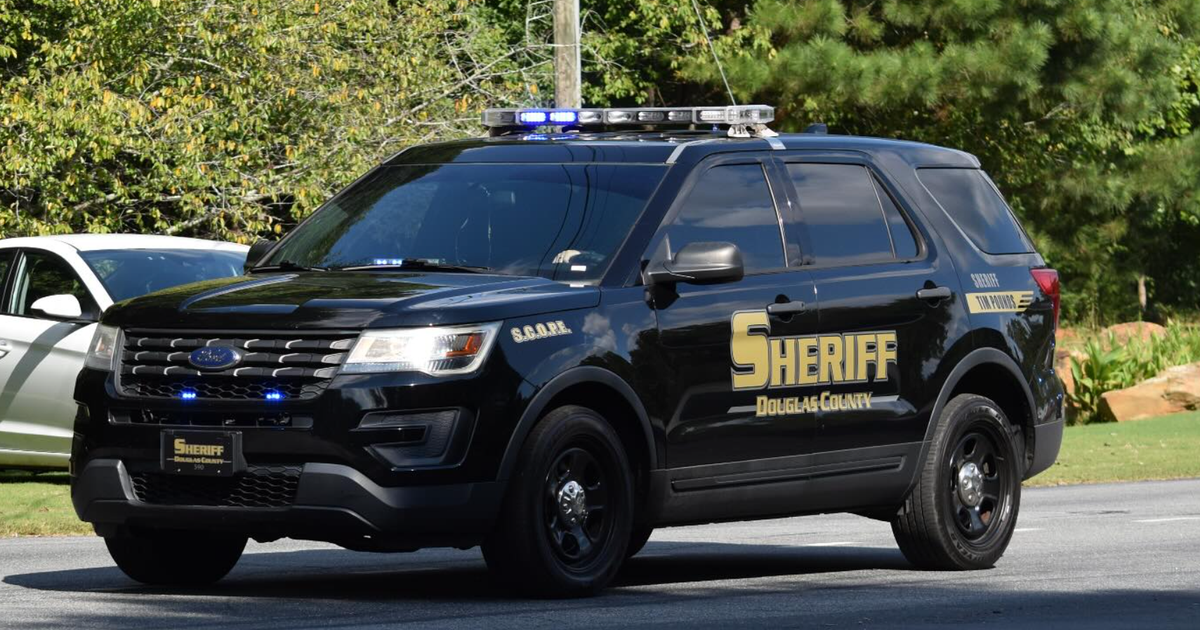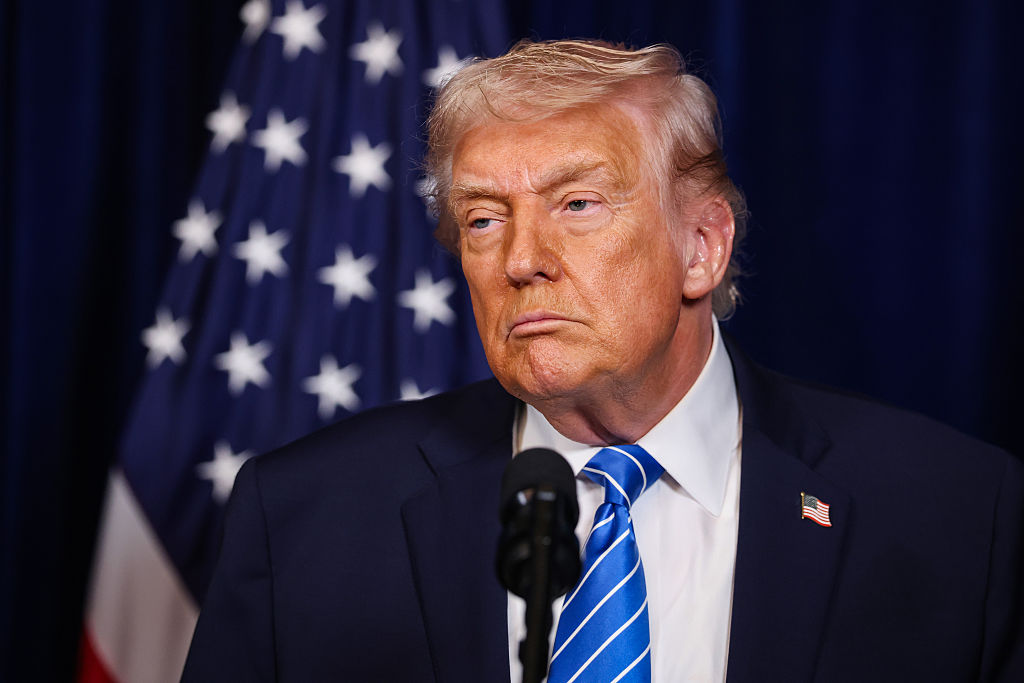Federal execution looms for former U.S. soldier who said witchcraft drove him to kill nurse
Editor's Note: The U.S. government carried out its execution of William Emmett LeCroy late Tuesday. Read the latest story here.
A former U.S. soldier who said an obsession with witchcraft led him to slay a Georgia nurse in a bid to lift a spell he believed she put on him is the first of two more inmates the federal government is preparing to put to death this week. William Emmett LeCroy, 50, on Tuesday would be the sixth federal inmate executed by lethal injection this year at the U.S. prison in Terre Haute, Indiana.
Another is scheduled for Thursday of Christopher Vialva, who would be the first African-American on federal death row to be executed this year. LeCroy is white, as were four of the five inmates executed earlier. The fifth was a Navajo.
Critics say President Donald Trump's resumption of federal executions this year after a 17-year hiatus is a cynical bid to help him claim the mantel of law-and-order candidate leading up to Election Day. Supporters say Mr. Trump is bringing long-overdue justice to victims and their families.
Lawyers asked Mr. Trump in a recent petition to commute LeCroy's sentence to life in prison, citing, among other things, that LeCroy's brother, Georgia State Trooper Chad LeCroy, was killed during a routine traffic stop in 2010, The Atlanta Journal-Constitution reported.
"The pain and sorrow felt by the LeCroy family at potentially losing two of their sons is unimaginable," the petition said.
LeCroy broke into the Cherrylog, Georgia, mountain home of 30-year-old Joann Lee Tiesler on October 7, 2001, and waited for her to return from a shopping trip. When she walked through the door, LeCroy struck her with a shotgun, bound and raped her. He then slashed her throat and repeatedly stabbed her in the back.
LeCroy had known Tiesler because she lived near a relative's home and would often wave to her as he drove by. He later told investigators he'd come to believe she might have been his old babysitter he called Tinkerbell, who LeCroy claimed sexually molested him as a child. After killing Tiesler, he realized that couldn't possibly be true.
Two days after killing Tiesler, LeCroy was arrested driving Tiesler's truck after passing a U.S. checkpoint in Minnesota heading to Canada.
Authorities found a note LeCroy wrote before his arrest in which he asked Tiesler for forgiveness, according to court filings. "You were an angel and I killed you," it read. "I am a vagabond and doomed to hell."
LeCroy, who joined the Army at 17 but was soon after discharged for going AWOL, later spoke about an interest in witchcraft that began during a previous stint in prison for burglary, child molestation and other charges.
LeCroy said he ruminated for days before the slaying about how Tiesler was Tinkerbell and that assaulting her would reverse a hex she put on him. After he cut her throat, he went to Tiesler's computer to search for books about witchcraft, filings say.
Jurors in 2004 convicted LeCroy on a federal charge of carjacking resulting in death and then recommended a death sentence.
LeCroy's lawyers have sought to halt the execution on appeal on multiple grounds, including that his trial lawyers didn't properly emphasize evidence about his upbringing and mental health that could have persuaded jurors not to impose a death sentence.
None of those appeals have succeeded, though lawyers could continue to ask for court intervention up to the hour of his scheduled execution. Last-minute legal appeals by the previous five death-row inmates all failed.
The petition to Mr. Trump notes that the man who killed LeCroy's brother, Gregory Favors, pleaded guilty in state court and received a sentence of life in prison, arguing that the two cases show how capital cases can often be arbitrary.
"The wildly disparate impact of local federal prosecutors' use of their discretion to apply the death penalty is a compelling reason for an act of mercy toward the LeCroy family that has already suffered such a great loss," the petition said.
The vast majority of executions in recent decades have been carried out by states. Over previous 56 years, before the Trump administration's reboot of executions in 2020, the federal government had executed just three people — all in the early 2000s. Oklahoma City bomber Timothy McVeigh was among them.




